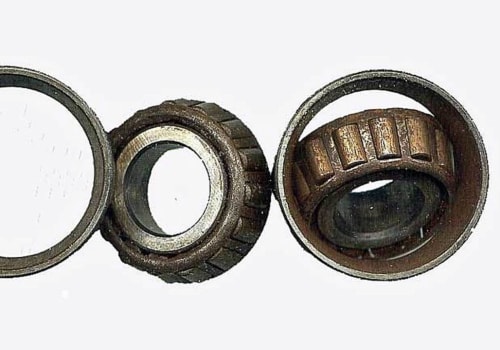They usually last as long as you keep them. I have seen cars of practically every brand sold in the US. Department of State with more than 300,000 without problems, but also. A conventional car can last 200,000 miles.
Some well-maintained car models will reach a total of 300,000 miles or more. The average age of passenger cars is currently around 12 years old in the United States. Choosing a well-built make and model can help extend the life of your car. Routine maintenance, quick minor repairs, regular washing and careful driving habits also make a difference.
In general, modern cars are designed to last several hundred thousand miles, or 10 to 15 years, with proper maintenance and repairs. However, some cars may last longer or shorter, depending on specific circumstances. Experts recommend scheduling routine vehicle maintenance, including annual engine cleaning to extend its lifespan and regular washing of the car to prevent corrosion. You'll want to see the maintenance records to know if the car you're looking for has been properly maintained and if the transmission oil has been changed. By keeping your car in good shape, you can avoid the costly repairs and replacements that can result from neglect maintenance.
Regular maintenance is not only important for the longevity and performance of your car, but it can also save some money in the long run. Aggressive driving, such as rapid acceleration and hard braking, can lead to increased wear and tear on car components. Fluids circulate, rubber seals and gaskets expand and contract, and tires don't form flat spots when you drive your car regularly. In addition, Consumer Reports members who go to independent mechanics and several chain repair shops (including AAA Car Care Plus and Goodyear Auto Service) say they have a more satisfying experience and are more likely to get a discount than those who go to a dealership for get service. Routine car care, such as washing, waxing and vacuuming them, helps prevent damage caused by pain and odors.
The average lifespan of a car can vary due to many factors, such as the make and model of the car, the condition in which it has been maintained and the driving conditions to which it has been subjected. By then, the car depreciates more slowly, and although maintenance and repairs become more expensive, overall ownership costs decrease. This advice is especially important when the prices of new and used cars are likely to increase due to tariffs and other factors. economic.
However, with proper maintenance and advances in automotive technology, Consumer Reports survey data shows that today's cars can last well beyond that point. Even with regular maintenance and careful driving, a car will eventually wear out and have to be replaced. Regular maintenance is crucial to extending a car's lifespan, and certain improvements and modifications can also help. In conclusion, the lifespan of a car depends on several factors, such as make and model, driving conditions, and maintenance.










